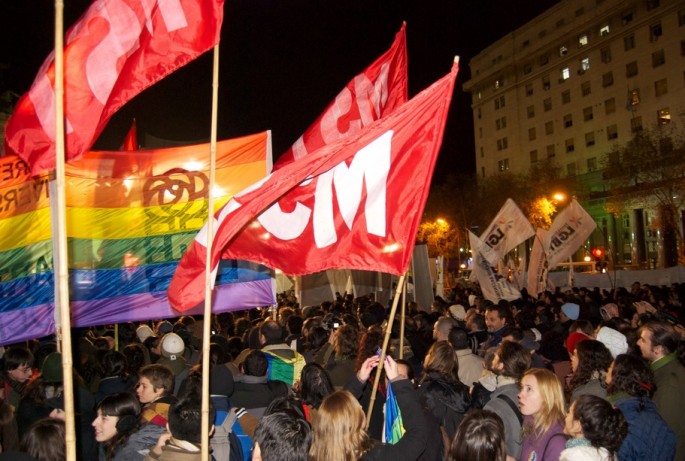After discovering about evidence of fraud of a high profile study about how canvassers and a small chat can change the minds of people about same-sex marriage, the highly esteemed scientific journal, Science that published the study, retracted it on Thursday.
According to Science editor in chief, Marcia McNutt, the lead author of the study agreed to this retraction where it was announced on the journal's website. Apparently, the graduate student is being accused of producing fake data and lying about receiving fundings among many others.
The study gained widespread praise and coverage during the time it was published as it has proven a social scientific theory that engaging people who are not open to same sex marriage with a small chat can significantly reduce intolerance.
More so, this study examines how door to door canvassers who are identified as belonging to the gay or LGBT community can readily convince people to support same sex marriage more efficiently, compared to heterosexual canvassers.
The authors of the study, UCLA graduate student Michael LaCour and Columbia University political scientist Donald Green claims that when the gay canvassers tell the voters that they are indeed gay, this can lead to changing the voters' minds in supporting same sex marriage. The data was supposedly taken from 9,500 voters from California.
However, when other scientists were unable to produce the same results from the key points of the study, they began to investigate and even contacted the polling company that carried out the 9,500 voter survey across California.
The firm called Qualtrics released a statement that revealed that they apparently "have no familiarity with the project" and even denied possessing capabilities to carry out the many aspects of the survey that LaCour and Green had described in their study, according to David Brockman and Joshua Kalla from the University of California, Berkeley.
Also included in McNutt's retraction notice is how LaCour and Green had also lied about paying people money in order to participate in this supposed survey and even lied about receiving funds from prominent groups such as the Ford Foundation where it ultimately failed to generate the same data it was originally based upon.
In this sudden turn of events, Green eventually requested that the paper to be retracted from Science where he included a letter to the journal saying that he was deeply embarrassed by this series of events and apologize to editors, reviewers and readers of the scientific paper.
However, LaCour has not yet agreed for the paper to be retracted according to McNutt. Last week, he told the Retraction Watch blog that he will still stand by his reported findings and will supply a definitive response to these allegations and is currently in the process of gathering evidence and other relevant data.



























